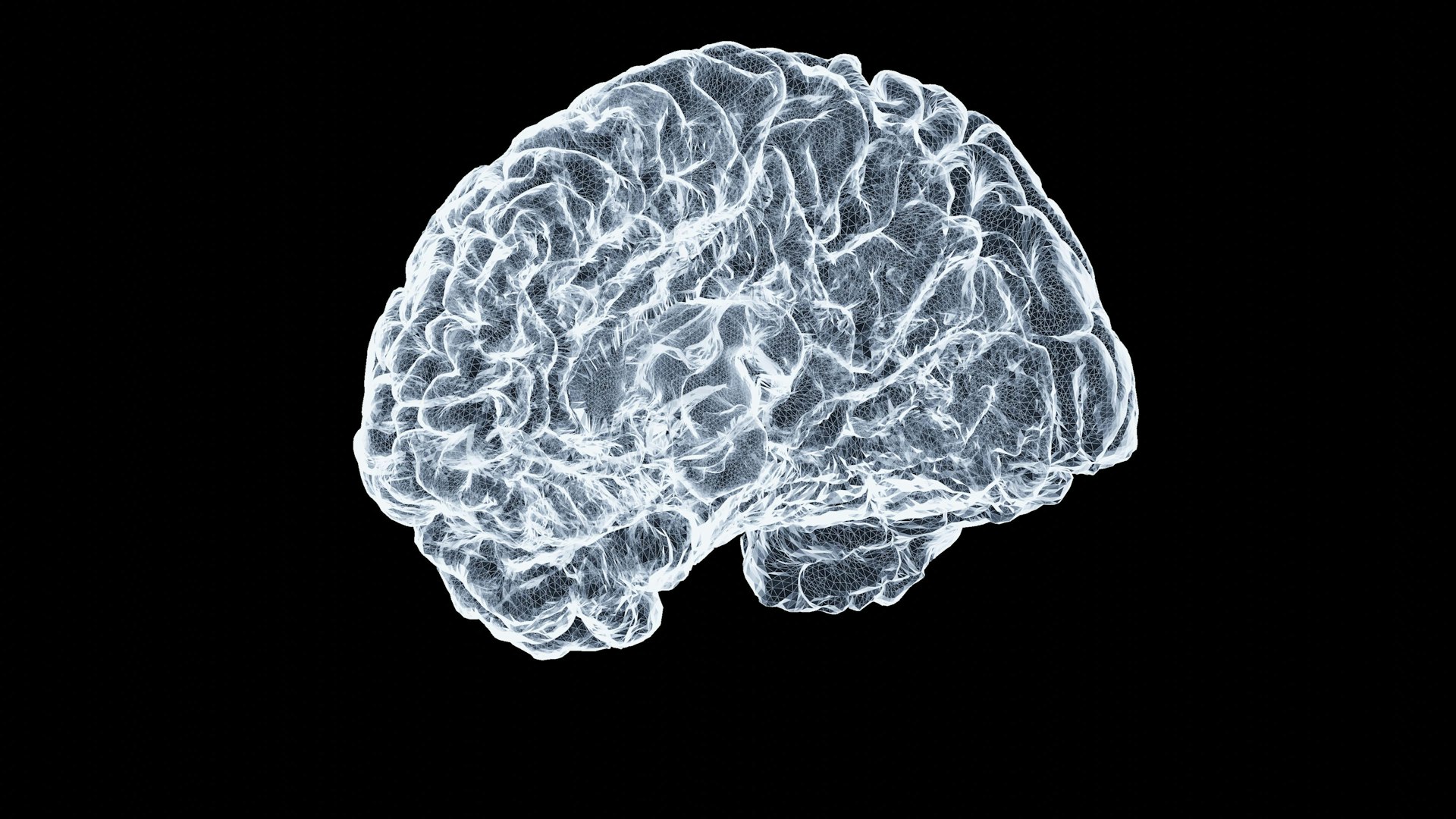How Ancient Greek Mythology Continues to Shape Modern Culture

Photo by Alex Presa on Unsplash
Introduction: The Enduring Legacy of Greek Myth
Ancient Greek mythology is far more than a collection of fascinating tales-it is a foundational pillar of Western culture, influencing everything from language and literature to science and sports. The pervasive impact of these myths extends beyond Greece’s borders, shaping global thought, creative expression, and even the way we interpret human experience. This article explores the key areas where Greek mythology’s legacy is most visible today, offers real-world examples, and provides practical guidance for anyone seeking to understand or leverage this cultural inheritance.
The Influence of Greek Mythology on Language and Expression
Modern language is replete with references rooted in ancient Greek myths. Words like “narcissism” (from the myth of Narcissus), “titanic” (from the Titans), and “herculean” (from Hercules) are everyday reminders of these stories. Expressions such as “Achilles’ heel” signify a critical vulnerability, while “opening Pandora’s box” refers to unleashing unforeseen troubles. Even scientific and medical terminology-such as “arachnophobia” (fear of spiders, stemming from the myth of Arachne)-draws from these ancient sources [5] .
To explore the Greek origins of English words, you can consult major dictionaries or etymological resources. Many universities and language institutes offer online guides and lists of mythological references that enrich our vocabulary. For those interested in further study, searching for “Greek etymology in English” or contacting your local language department can yield valuable resources.

Photo by The New York Public Library on Unsplash
Greek Mythology’s Role in Literature and the Arts
Greek myths have inspired writers and artists for centuries. From Homer’s
Iliad
and
Odyssey
-which have shaped narrative forms and archetypes-to Renaissance and modern authors like Shakespeare and Dante, these stories have provided a framework for exploring universal themes such as heroism, fate, and morality
[1]
. In art, mythological figures and scenes adorn everything from ancient pottery to contemporary paintings and sculptures. The Renaissance, in particular, saw a revival of mythological subjects, with artists like Botticelli and Michelangelo reimagining the gods and heroes for a new era.
For students and art enthusiasts, many museums offer virtual galleries and educational materials about Greek mythology in art. The Metropolitan Museum of Art, for example, provides essays and image collections on this topic [4] . To access these resources, visit the official websites of major museums and search for “Greek mythology in art.”
Impact on Science, Astronomy, and Everyday Life
The influence of Greek mythology is evident in the naming of planets, stars, and scientific phenomena. Planets such as Mars (Ares), Venus (Aphrodite), and Mercury (Hermes) are named after Greek (and Roman) gods, while constellations like Orion and Cassiopeia mirror mythological figures [1] . This tradition extends to the terminology used in biology (e.g., “hermaphrodite”), psychology, and physics.
You can learn more about these connections through official astronomy and science education websites, such as NASA’s planetary naming pages or university astronomy departments. If you are interested in a deeper dive, consider searching for “Greek mythology in modern science” or attending public lectures offered by science museums and planetariums.
Greek Mythology in Modern Sports and Events
One of the most visible legacies of Greek mythology is the Olympic Games. Originating in ancient Greece to honor Zeus, the Olympics have become a global sporting event that unites people from around the world under principles of excellence and fair competition [1] . The use of laurel wreaths, torch relays, and references to Greek gods and heroes during ceremonies underscores the ongoing significance of these myths.
For those interested in the Olympic tradition, official Olympic websites and international sports organizations provide histories and educational materials. To access verified information, visit the International Olympic Committee’s website and search for “Olympic history.”
Greek Myths in Popular Culture and Branding
Many modern brands and companies draw on Greek mythology for names and symbols that convey power, beauty, or innovation. Examples include Nike (the goddess of victory), Amazon (the legendary warrior women), and Apollo (used for space programs and music). These references help create a sense of heritage and aspiration, resonating with consumers worldwide [5] .
If you want to explore how companies use mythological references, business publications and brand analysis reports often discuss these trends. Consider searching for “Greek mythology in company names” or reviewing case studies on branding in marketing journals.
The Ongoing Educational Role of Greek Mythology
Greek myths are a staple of educational curricula around the world. They are taught not only for their entertainment value but also for their exploration of ethical dilemmas, leadership, and the complexities of human nature [1] . Educators use these stories to foster critical thinking and cultural literacy.
To access educational materials, check with your local school district, university classics departments, or online platforms that offer free courses on mythology. Many academic publishers provide textbooks and workbooks for different age groups. You may also find open educational resources by searching “Greek mythology lesson plans” or “mythology classroom resources.”
Cross-Cultural Adaptation and Global Influence
While Greek mythology originated in the Mediterranean, its themes have been adopted and reinterpreted worldwide. In India, some Greek gods have been integrated into local mythology, and in the modern era, stories from Greek myth continue to inspire films, novels, and television series across cultures [1] . These adaptations demonstrate the universal appeal and adaptability of Greek mythological narratives.
For comparative mythology resources, consult university libraries or search for “Greek mythology global influence” in academic databases. If you are interested in cross-cultural studies, many universities offer programs in comparative literature and world mythology.
Practical Steps for Engaging with Greek Mythology’s Legacy
If you wish to explore or make use of the influence of Greek mythology in your own work or studies, consider these steps:
- Identify areas of interest-such as language, art, science, or business-where mythological references are common.
- Consult verified educational websites, museum collections, and academic journals for in-depth materials.
- Attend public lectures, workshops, or online courses on Greek mythology and its cultural impact.
- Explore creative ways to incorporate mythological themes into writing, branding, or educational projects.
- Network with scholars, educators, or professionals who specialize in classical studies or cultural history.
If you encounter challenges in finding resources, contact your local library, university classics department, or cultural institution for guidance. Many offer research support, curated reading lists, and access to digital archives. If you wish to collaborate on a project or seek expert advice, consider joining professional associations focused on classics or literary studies.
Conclusion: The Timeless Resonance of Greek Myth
Ancient Greek mythology is more than a relic of the past-it is a living tradition that continually enriches global culture. Its stories, symbols, and ideas remain embedded in language, art, science, sports, and everyday life. By recognizing and engaging with this legacy, individuals and organizations can tap into a wellspring of creativity, meaning, and inspiration that has stood the test of time.
References
MORE FROM yourscholarshiptoday.com













